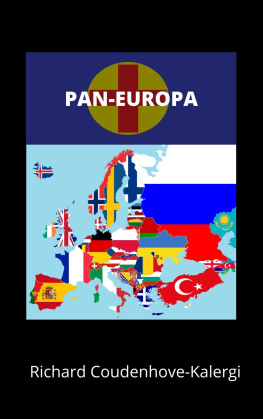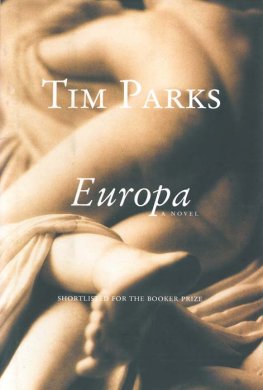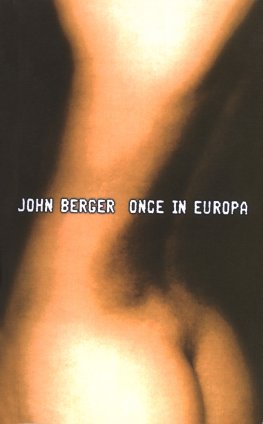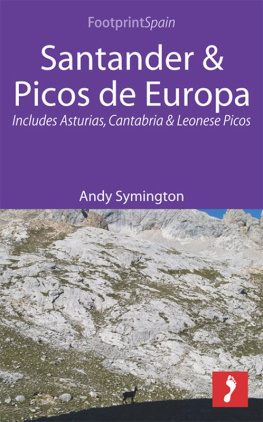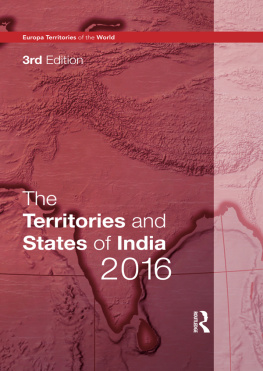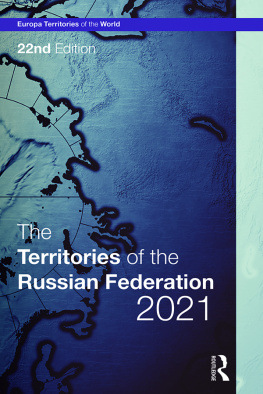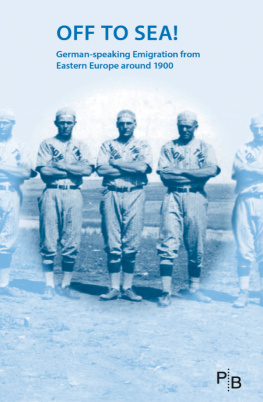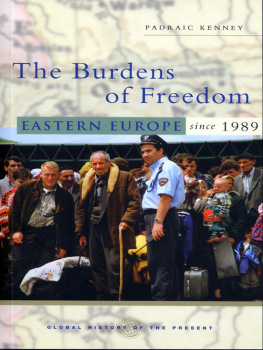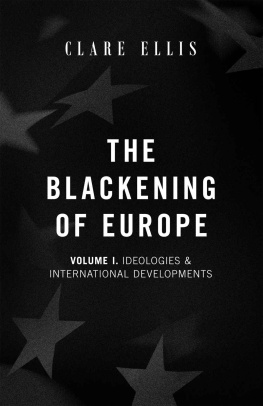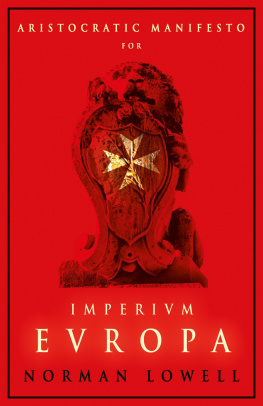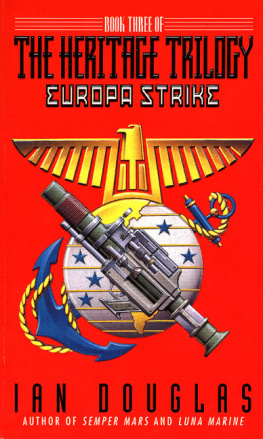Richard Coudenhove-Kalergi - Pan-Europa
Here you can read online Richard Coudenhove-Kalergi - Pan-Europa full text of the book (entire story) in english for free. Download pdf and epub, get meaning, cover and reviews about this ebook. year: 2019, genre: Politics. Description of the work, (preface) as well as reviews are available. Best literature library LitArk.com created for fans of good reading and offers a wide selection of genres:
Romance novel
Science fiction
Adventure
Detective
Science
History
Home and family
Prose
Art
Politics
Computer
Non-fiction
Religion
Business
Children
Humor
Choose a favorite category and find really read worthwhile books. Enjoy immersion in the world of imagination, feel the emotions of the characters or learn something new for yourself, make an fascinating discovery.
- Book:Pan-Europa
- Author:
- Genre:
- Year:2019
- Rating:4 / 5
- Favourites:Add to favourites
- Your mark:
- 80
- 1
- 2
- 3
- 4
- 5
Pan-Europa: summary, description and annotation
We offer to read an annotation, description, summary or preface (depends on what the author of the book "Pan-Europa" wrote himself). If you haven't found the necessary information about the book — write in the comments, we will try to find it.
Pan-Europa — read online for free the complete book (whole text) full work
Below is the text of the book, divided by pages. System saving the place of the last page read, allows you to conveniently read the book "Pan-Europa" online for free, without having to search again every time where you left off. Put a bookmark, and you can go to the page where you finished reading at any time.
Font size:
Interval:
Bookmark:

RICHARD NIKOLAUS COUDENHOVE-KALERGI
PAN-EUROPA
Published for the first time in 1923 by
PAN-EUROPA EDITIONS VIENNA-LEIPZIG

www.liberveritate.com
Traduccin: Tabar Salvagno
Contacto: tabaresalvagno@liberveritate.com
2019 - MMXIX
Contents
The future of the European borders
Preface
All great historical events begin under a utopian form and finish becoming a reality
The objective of this book is the awakening of a big political movement that still sleeps within all European peoples.
Many are the men that dreamt with a united Europe, but few are decided to create it. Sterile as a goal from desire, this idea could be fruitful if converted as an objective of the will.
The will of the Europeans behold the only force that could make real to Pan-Europa.
Each one of the Europeans has therefore in their hands a part of the fate of their own world.
At the very moment of writing these lines, the V Pan-American Conference is reuniting in Chile, Russia is working for her reconstruction with all the energy that is capable of, the British Empire is surpassing the crisis following the war and the Far East is free of the Damocles sword, the danger of an American war. Meanwhile, Europe is tumbling, with no guide and without plan, from one crisis to another. The French and Belgium soldiers continue to occupy the industrial center of Germany. Over Thrace is pending the daily menace of a new war. Everywhere the misery reigns, the anxiety, the discontent, the hate and the fear.
While the rest of the world each day takes a step forward, Europe each day takes a step back.
This understanding constitutes itself a program.
The cause for the decadence of Europe is political, no biological. Europe dies not from old age, but because her inhabitants kill and destroy one another with all the means of modern technique.
Europe is still the most qualitative fertile human reserve of the world. The dynamic Americans are just Europeans transplanted to a new political environment. The European Peoples are not suffering from senility but only her political system. The radical transformation of this system could and should give place to the total cure of this ill continent.
The World War has transformed the political map of Europe, but not her political system. In Europe continues reigning the international anarchy, the oppression of the weak by the strong, a continuous state of potential war, the economic break-down, political intrigue. European politics of today resembles more from politics from the past than of the future.
Europe has her sight looking to the past instead of the future. The book market is full of memories. In the public debate the discussion focuses more on the causes of the last war rather than how to avoid the next.
This eternal look towards the past is the main cause of the reactionary movement and of the division of Europe. The European youth has the duty to modify this state of things. The European youth is called to raise this New Europe among the ruins of the old: to replace the anarchical Europe for an organized Europe.
If the European statesmen neglect to recognize and fulfill this objective, they will be erased by the peoples whose fates they are playing with.
There are two big problems pending over our continent: the social question and the European question; the class struggle and the war between European states.
The social question is the number one in the public discourse: originates and divides the political parties and appears thousands time over the public opinion from all countries.
Nevertheless, the European question , that has no lesser importance, is never mentioned . Most people have not even heard about it. It is a problem only relegated to the literature and utopian circles, no one takes it seriously.
However, from its solution depends the future of our culture and our children.
The European question is presented in these terms: Could Europe, with her political and economic division, guarantee her peace and independence from the extra-European powers or would be forced to organize it in a federation of States to save her existence?
To present this question is to answer it. Thus, no one presents it, and everyone avoids it. It is true that in the public discourse much is talked about European matters, but never about the European Question , in which all the others have their roots, in the same manner the social matters have their roots in the general Social Question.
As well as every European is demanded, in matters of internal policies, to adopt a position in front of the Social Question, in the same manner, in matters of external policies he will be demanded to adopt a position in front of the European Question.
But there is one thing that could never happen again: that the responsible politicians avoid a question that is vital for 300 million of their subjects.
In a word, the European Question must be discussed lengthily before the public opinion of the continent, in the press, in the political literature, in the political meetings, in the parliaments and in the governments.
The time is lacking. Tomorrow could be too late to resolve the European Question: thus, is preferable to start right away.
Europe, that has almost lost all confidence, waits for help from outside: some from Russia , others from America .
Both hopes represent a danger of death for Europe. Nor the East nor the West wants to save Europe: Russia wants to conquer it, America wants to buy it.
Between the Scylla of the military dictatorship and the Charybdis of the American financial dictatorship there is only one narrow way that leads to a better future. This way is called Pan-Europa and signifies that: Europe must help herself by constituting herself in a Political-Economic union .
Pan-Europa will be accused of being a utopia. But this accusation hast no grounds. There is no natural law that opposes to its completion. It responds to the interests of most of the Europeans and only stands against the interests of a small minority which is smaller every day.
This small minority, which is powerful and that is currently directing the fates of Europe, would want to put the seal of utopia to the idea of a Pan-Europa. To those we should answer that the greatest historical events begin in form of utopia and finish being a reality .
In 1913, the Republics of Poland and Czechoslovakia were utopias. In 1919 they were a reality. In 1916, the victory of the Communists in Russia was a utopia. In 1917 it was a reality. Less the fantasy of a politician more will be the utopian realm and less the realm of possibility. The history of the world has more fantasy than his puppets and is full of a chain of surprises, of utopias becoming reality.
The fact that one idea stays just as a utopia or, to the contrary, become a reality depends normally of the number and the conviction of its defenders. While there are thousands that believe in Pan-Europa, it will be a utopia. When there will be millions that believe in it, will be a political program. As soon as it will be tens of millions that believe in it, will be reality.
The future of Pan-Europa will depend, therefore, that the first thousand defenders have the faith and power of persuasion needed to convince millions and to make the utopia of yesterday the reality of tomorrow.
I call to the European youth to fulfill this work.
Richard N. Coudenhove-Kalergi Vienna, Spring of 1923.
Font size:
Interval:
Bookmark:
Similar books «Pan-Europa»
Look at similar books to Pan-Europa. We have selected literature similar in name and meaning in the hope of providing readers with more options to find new, interesting, not yet read works.
Discussion, reviews of the book Pan-Europa and just readers' own opinions. Leave your comments, write what you think about the work, its meaning or the main characters. Specify what exactly you liked and what you didn't like, and why you think so.

